Energie-Nederland fears further delays in heat transition.
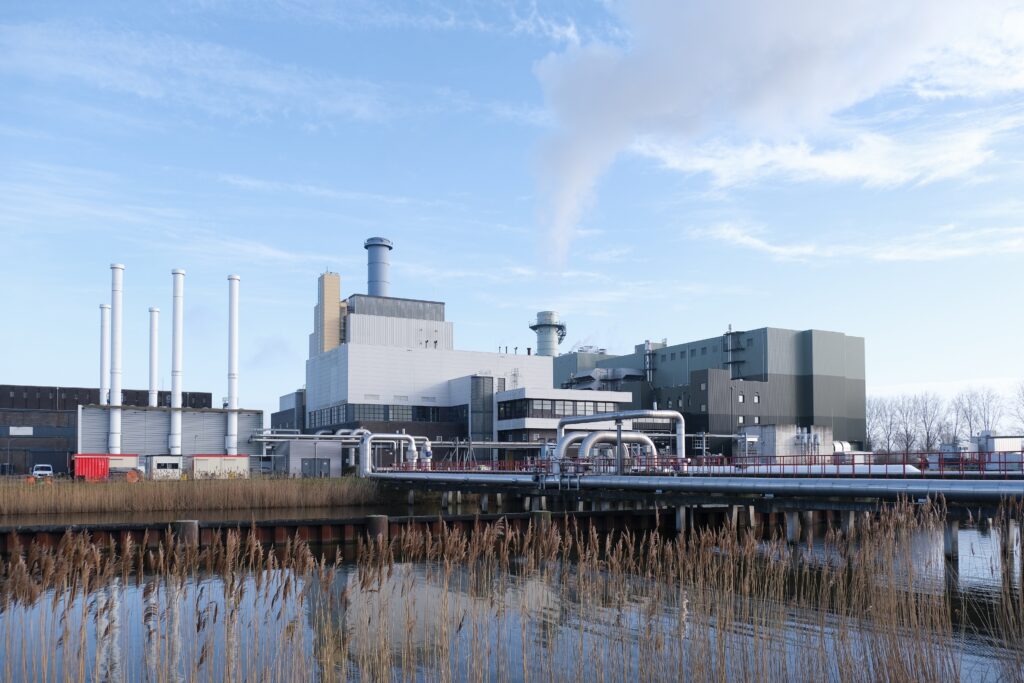
“The momentum of the heat transition is at risk of being lost due to debates over the ownership of heat companies.” Says Cora van Nieuwenhuizen, chair of Energie-Nederland, in response to two studies that conclude that the mandatory public majority ownership in the Collective Heat Act (Wcw) leads to delays and potentially higher costs for households. There is also a risk of legal complications, as this aspect of the law is not in line with European law.
Response to the 2025 Budget: A Solid Foundation for Further Rollout of the Energy Transition
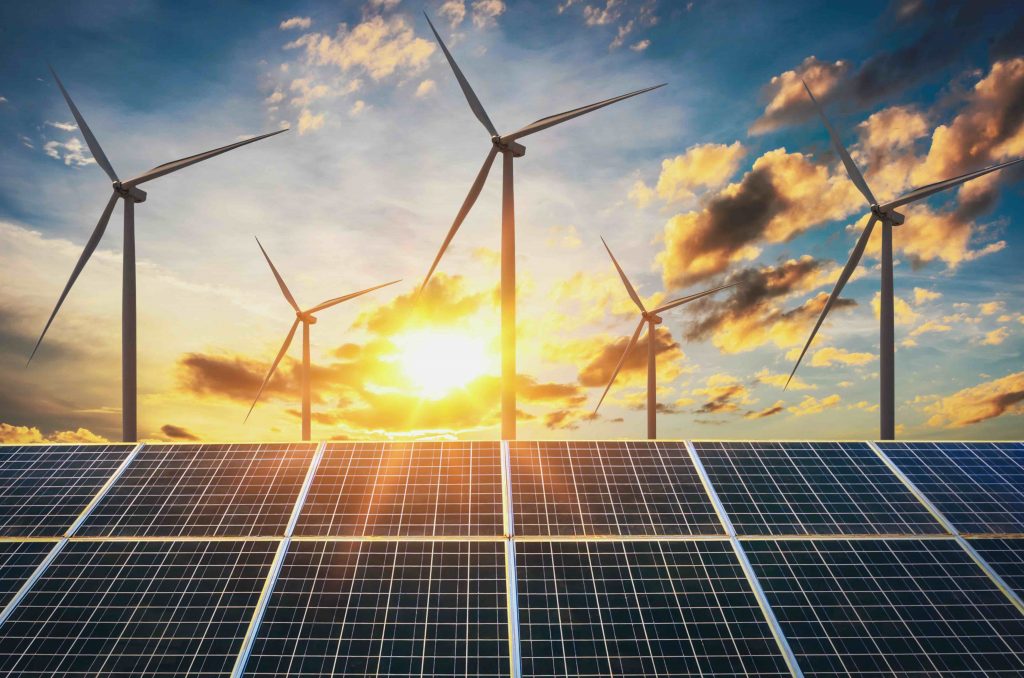
The focus in the 2025 budget on sustainability, energy security, and affordability provides a solid foundation for the further rollout of the energy transition, according to Energie-Nederland. In this context, Energie-Nederland welcomes the fact that grid congestion has been given a prominent place on the political agenda. “The limitations of the electricity grid currently pose a serious obstacle to the energy transition and economic growth,” says Cora van Nieuwenhuizen, chair of Energie-Nederland.
Energy-Netherlands’ response to the 2024 ‘Troonrede’

It is good that grid congestion has a prominent place on the political agenda. The limitations of the electricity grid pose a serious obstacle to the energy transition and economic growth. Energie-Nederland is pleased that the new cabinet emphasizes today that the climate goals are and will remain leading.
Energie-Nederland would like to thank four fantastic interns
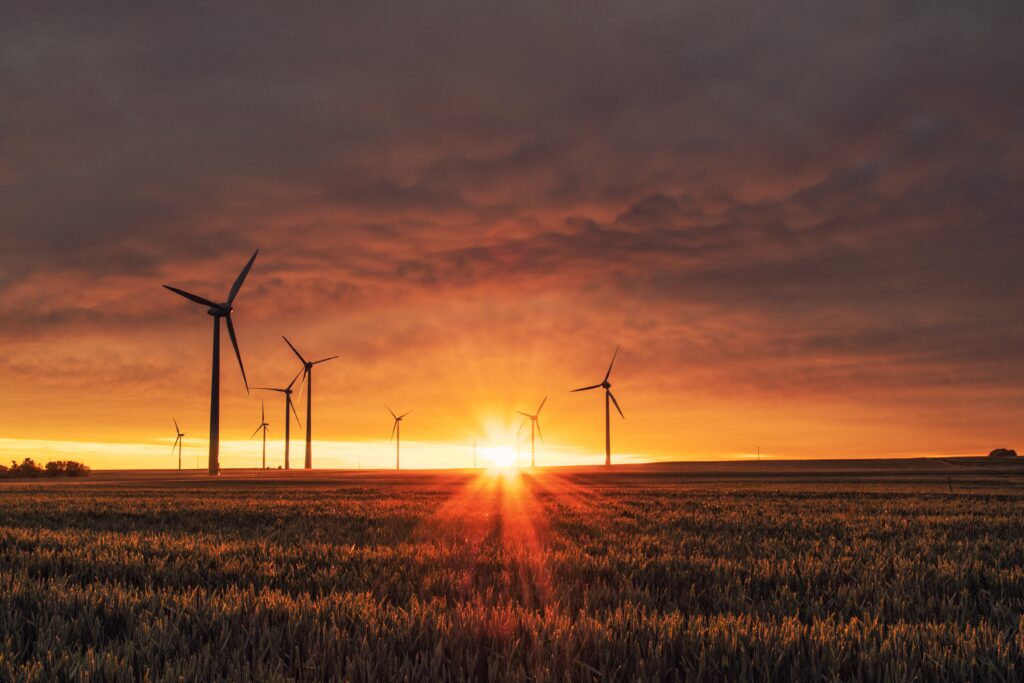
The open mindset, ambition, and curiosity of young people are invaluable to Energie-Nederland. That’s why our association offers multiple internships throughout the year. Currently, three interns are actively participating in our activities. Recently, we said goodbye to four interns, each of whom made significant contributions to our work in their unique ways. Elfie de Jong […]
The Advice of the Week #8 – Guarantee the security of electricity supply with a mechanism that guarantees investments in CO2-free adjustable power
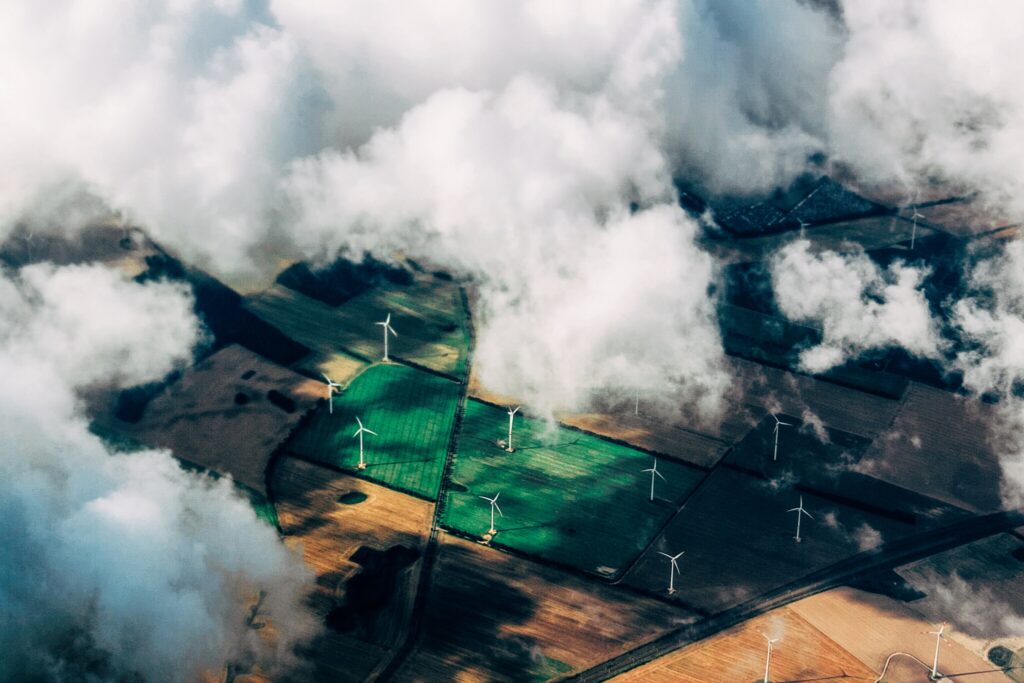
What do we mean by this?
For windless cloudy periods (Dunkelflautes), CO2-free adjustable power is indispensable, especially if the electricity system must be completely CO2 neutral by 2035. We need to develop sustainable energy sources that do not depend on sun or wind. Therefore, convert gas power stations to hydrogen power stations. By keeping this controllable production in the Netherlands, we retain the independence to provide our own energy, even when there is little sun and wind. It is therefore important not to allow the international competitive position of the Netherlands to deteriorate, because this will stimulate investments here.
Successful World Hydrogen Summit in Rotterdam
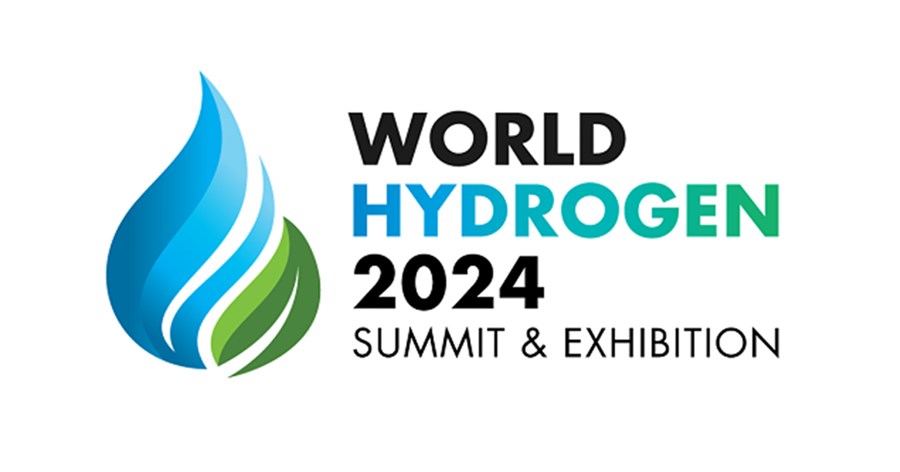
This week, 15,000 people gathered at the World Hydrogen Summit in Rotterdam. For many countries, including the Netherlands, hydrogen is an indispensable link in the development towards a sustainable energy system. Discussions at the conference showed that there are still major obstacles to the creation of this new chain.
Energie-Nederland calls on Members of Parliament not to let the emergency law on heat rates lead to unintended side effects
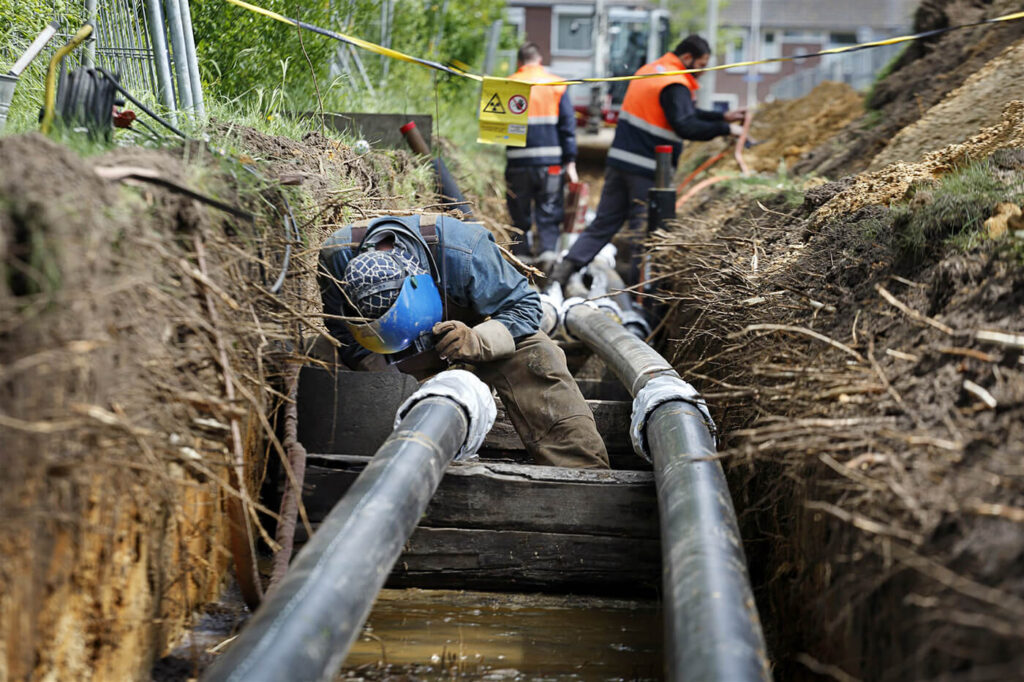
Energie-Nederland sees heat networks (collective heat), just like the government, as an important alternative to heating with natural gas. Affordability of collective heat and a new tariff system that is no longer based on the price of natural gas are crucial. Minister Jetten wants to improve affordability in the short term. Last week he announced an emergency law that brings forward part of the new tariff system and will reduce the legally permitted rates. However, Energie-Nederland is concerned that the emergency law may have unintended side effects. If costs remain the same while the legally permitted rates decrease, investing in new heating networks will become even more difficult and the heating transition will be further delayed.
Construction of sustainable energy infrastructure contributes to reducing nitrogen deposition
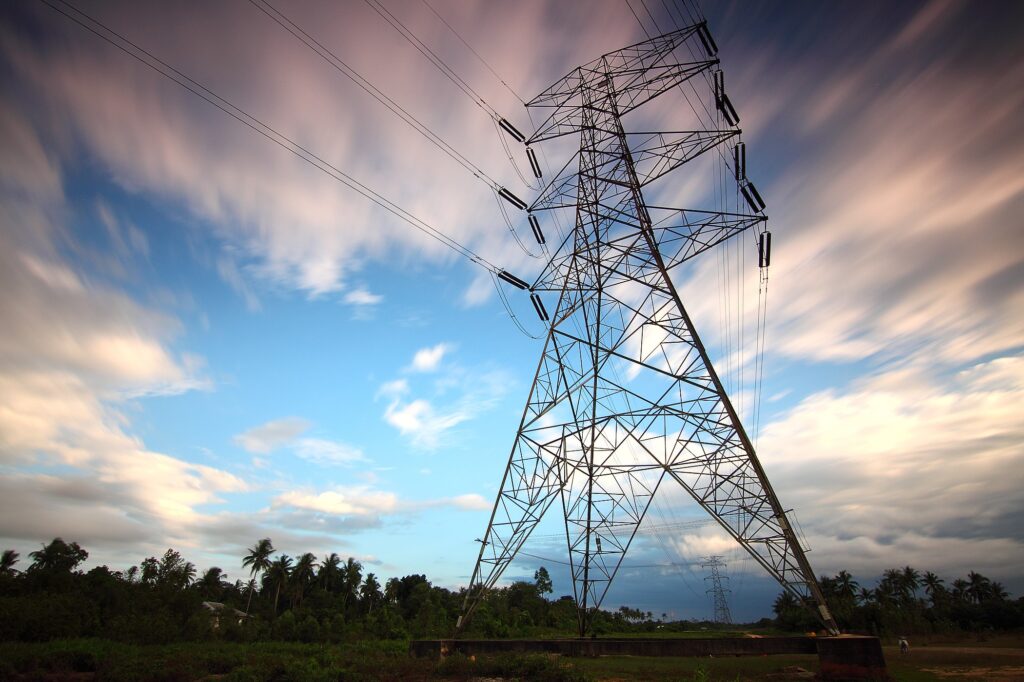
Energie-Nederland believes – together with fellow industry parties such as the NVDE, Netbeheer Nederland, VNO-NCW and NWEA – that a legal exploration should be started quickly to see how sustainable energy infrastructure can be built more quickly. Sustainable energy infrastructure actually contributes to the reduction of nitrogen depositions and CO2 emissions. The members of Energie-Nederland are eager to invest in electrification, for example, but permits are often not granted or are only granted after years. This is partly due to the problems surrounding nitrogen depositions.
